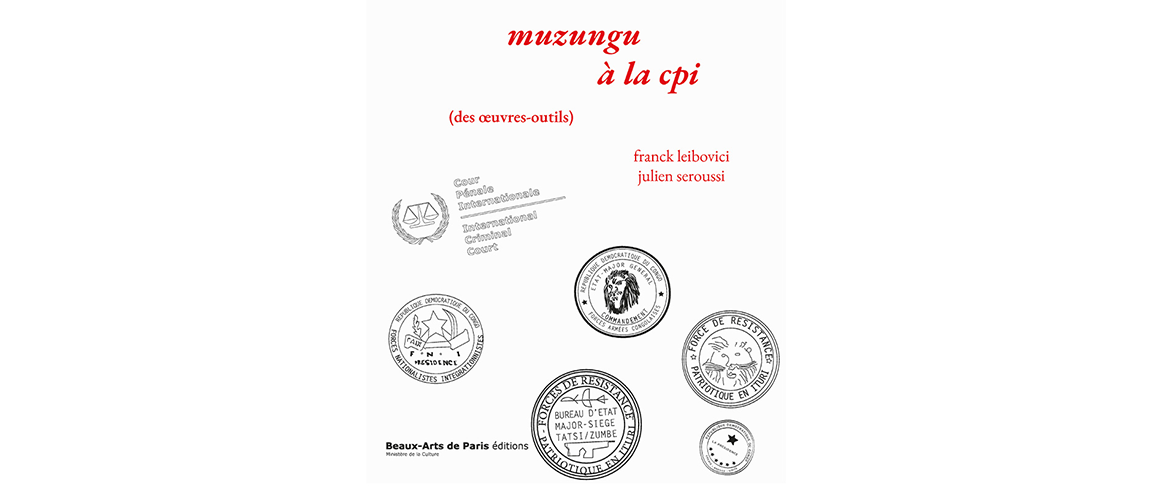The setting for this book is the International Criminal Court (ICC).
In this place where the international criminal justice of the 21st century is being invented, what can art or poetry do? They can seize materials and situations and process them using their own tools and devices, in an attempt to bring out other types of latent, unexploited knowledge.
This book reports on an experiment carried out at the ICC between 2016 and 2022 by Franck Leibovici and Julien Seroussi, using tool-works that are both works of art and tools for professionals. By delving into the trial of two militia leaders accused of war crimes and crimes against humanity in the east of the Democratic Republic of Congo, the authors show how, at every stage of the trial and in every department of the ICC, art and poetry can be used - not to lighten or brighten up crimes that are too heavy to bear, but to open up spaces for representation, raise new questions and enable the judges themselves to take new action.
Art and poetry as instruments of action, in the same way as law and the social sciences. In this sense, this book is
a meditation on the potential of art and poetry today. The book takes the reader on a guided tour of the ICC and the toolkits designed for the occasion, through photographs, diagrams and instructions for use, as well as contributions from ICC members.It describes blind spots in legal practice, and the proposals made in these toolkits. No legal or artistic skills are required for this guided tour.
Franck Leibovici is an artist and poet. Julien Seroussi has a degree in social sciences and a doctorate in sociology. He was an analyst at the ICC Chambers and then at the Mass Crimes Unit of the Paris Judicial Tribunal.
Price: €30
Format: 25.5 × 32 cm
258 pages



